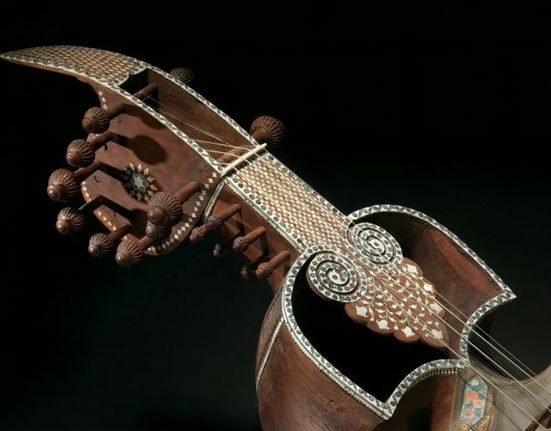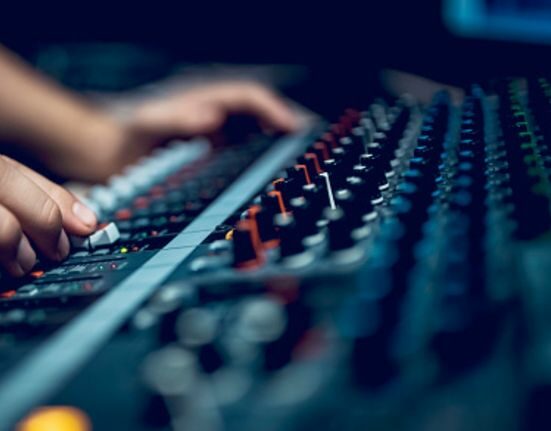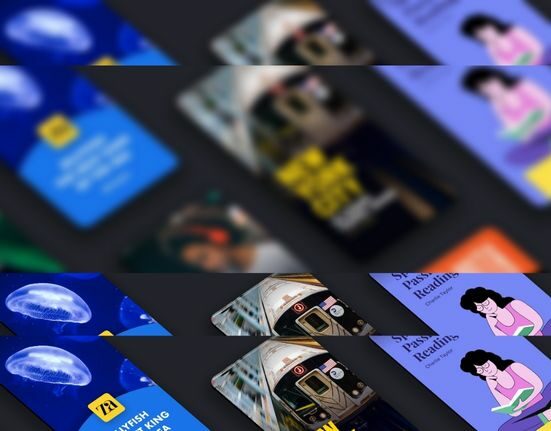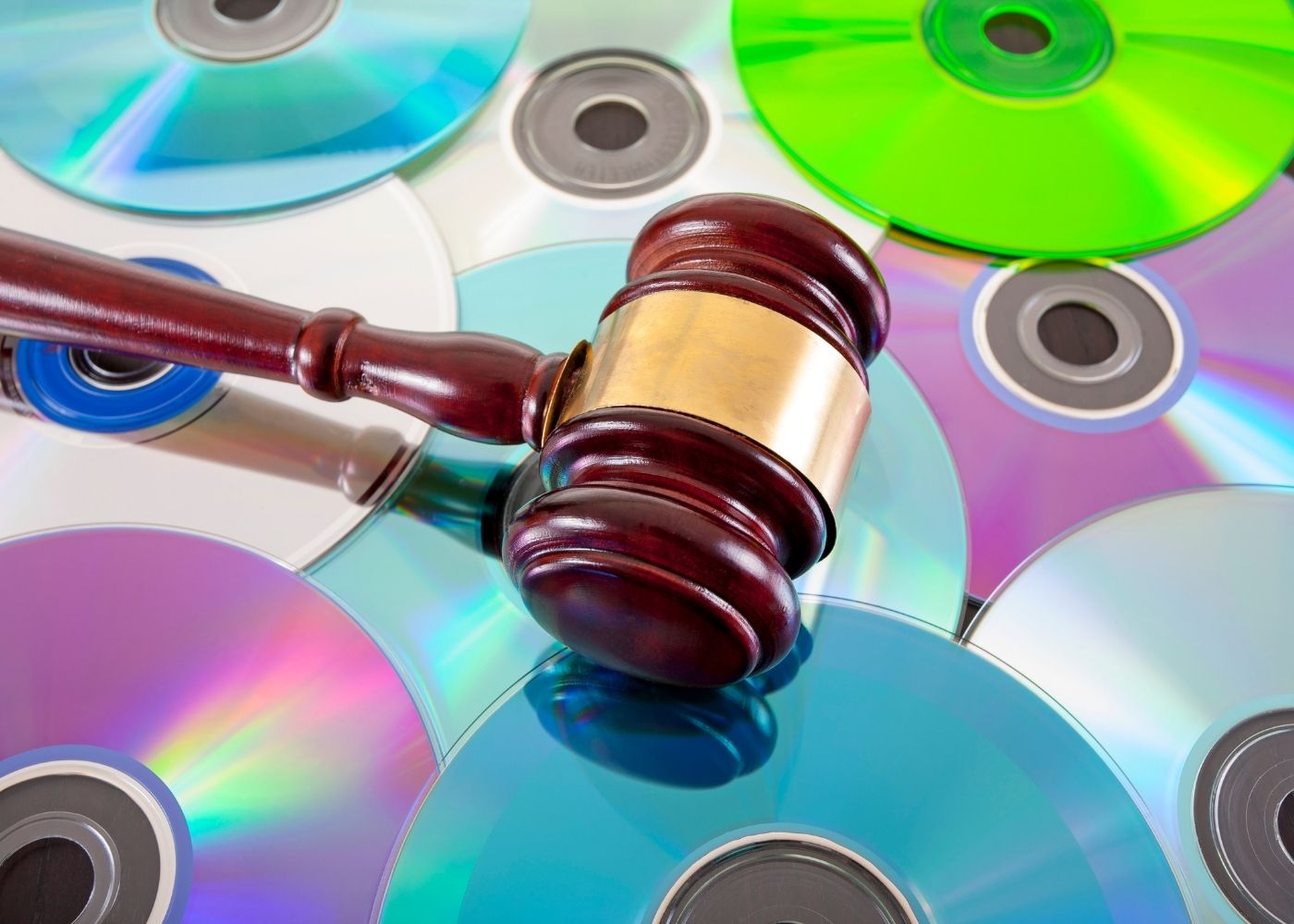Beginning new, for someone who hasn’t studied law it becomes tricky understanding the intricacies of the music laws that follow while stepping into the world of contracts, copyrights, licenses etc. Not only it turns out to be an expensive deal but also hard to follow as to whatever happens next. Here’s a deep dive into the world of laws that one must be aware of, that matters the most to our music fraternity. Know your rights. Let’s get started.
Phalguni Gupta | BeatCurry Team
Copyright is the exclusive right granted under Indian law to the original creators of literary, dramatic, artistic and musical works, cinematographic films and sound recordings. The rights mentioned under the
Indian Copyright Act of 1957 includes the rights of reproduction of the work, communication of the work to the public, adaptation of the work and translation of the work whose duration and scope varies depending upon the nature of the work.
Another law that usually gets sidelined but holds prominence is the Indian Contract Law which is the Indian Contract act of 1872. It covers various aspects as to what is described as an offer, acceptance, essentials of contract, valid consideration etc. Under the act, a contract is defined as “an agreement that is enforceable by the law is known as a Contract but there must be an intent to create legal relationships not social, moral, or religious.” The two things which are deemed to be the essentials of a valid contract is-agreement and enforceable by law.
It all stems ideally from contract law, if your contract has not been looked carefully, what happens is whatever problems you face in long run or whatever legal complexities that you get into would stem from things that have been overlooked or not considered during the contract drafting phase.
– Floyd Gracias, Counsel, Supreme Court Of India and a proprietor at Lex Gracias Litigation.
For the musician community his advice is such that, whenever one is getting into a contract it must be vetted by a legal professional. When talking about contracts, there is something called the ‘Indemnification Clause’ which is usually buried in the last without considering its importance.
Simply put, for example if an artist signs up an agreement containing indemnification clause with a recording label it would mean that the artist will have to compensate or reimburse the company for any expense or loss due to the breach or alleged breach of contract by the artist. This again comes back to making sure that one understands the intricacies of the agreements that they are getting into.
The music copyright law has been brought down to two aspects-Musical works and Sound recordings. Section 2(d)(ii) in the Copyright Act, 1957 defines musical works as “a work consisting of music and includes any graphical notation of such work but does not include any words or any action intended to be sung, spoken or performed with music,” whereas under Section 2(xx), sound recordings are defined as “as a recording of sounds from which such sounds may be produced regardless of the medium on which such recording is made or the method by which the sounds are produced.”
When it comes to a song, the copyright of it is divided among – the lyricist, composer, singer and lastly is the producer. Simply put, Arijit Singh voices a song written by Amitabh Bhattacharya and its music has been composed by Pritam for a movie produced by Sajid Nadiadwala. Arijit Singh who sang the song is protected under section 38 of Indian the Copyright Act in the capacity of a performer. Amitabh Bhattacharya’s work as a lyricist would fall under original literary works protected by Section 13 (1)(a) of the Act. Pritam as the composer would be protected as the author of the musical work Section 13 (1)(a). If the entire song has been composed for a film and the services of the composer have been commissioned by the Producer i.e. Mr. Nadiadwala, he would be the owner of the song as per the provisions of section 17 of the Indian Copyright Act.
The Indian copyright act 1957 gives the owner economic rights which help the author reap economic benefits for- the reproduction of a work, the distribution of copies of a work, the communication to the public of a work, broadcasting or otherwise making available a work to the public, if someone translates the lyrics of a song and wants to record these using the same music as that of the original song, or changes an original work adding new elements to it, they first need to get authorization from those with rights in the original work. In case of these rights the author has the right to claim the royalties or any other consideration payable. Moral Rights as described under section 57 gives the author the right to claim authorship of their work and to claim damages in case of any distortion or any other modification in their work.
Further, the act also provides what are called Performing Rights which are practiced by a performer who engages in any performance. They can make audio or visual recordings of the performance and use it anyway, reproduce it, issue it to the public or use it in a commercial way to generate revenue. They have the right to prevent the broadcast of their performance in the absence of consent. These rights also state that the performers can broadcast their performance to the public and if a producer does so, performers have the rights to receive royalties.
In India, there are specific societies/companies that take care of the interests of the authors and owners of works:
Novex Communications Limited is a company in India that has the right to grant licenses as an authorized agent for various entities such as Yash Raj films Private Limited, UTV Software Communications Limited, Tips Industries Limited, EROS international Media Ltd etc. Mainly concerning Bollywood music, one would require a Novex license if the sound recordings are used in public performances on a commercial basis.
Indian Performing Rights Society (IPRS) is a society that includes Authors, Composers and Publishers of Music and works to legitimize the use of copyrighted music by music users by issuing them Licences and collecting Royalties from those music Users. There are various sectors and establishments that they work with when it comes to music licensing. There’s a license fee issued for Broadcasting/Communication of the original work to the public, the performance of Music in TV, Commercials, Physical/Digital advertisements etc. This also brings us to the dimensions of public performance at Restaurants, Bars, Coffee Shops, Dining Rooms, Lounges, Cafes, Office and all premises of similar nature, be it metro cities or non-metro cities for which a license fee is levied.
The Indian Singers’ Rights Association (ISRA) is a society that with an esteemed panel of singers like Lata Mangeshkar, Pankaj Udhas, Sonu Nigam, Shaan and Sunidhi Chauhan, that makes sure the performer’s rights are rightly practised by collecting and distributing royalties.
Phonographic Performance Limited (PPL) is another organization that handles the copyright of sound recordings and represents several record labels. It takes care of the licenses of copyrighted sound recordings to be used in public or broadcasted and in return distribute the royalties to its rightful owners.
Well, the next time you get into something that involves music rights and laws, you should make sure that the contracts that they are getting into are properly vetted by a legal professional, make sure you don’t infringe anybody’s rights nor do they infringe yours. Make sure you properly check the conditions of a contract and lastly, you pay and acknowledge the work of the original composers and creators. With this, the world at large can be a better place.
If you’d like to know more about the unique and versatile forms and flavours of music from around the world, log on to www.beatcurry.com, follow, subscribe and get your daily music update from BeatCurry.







